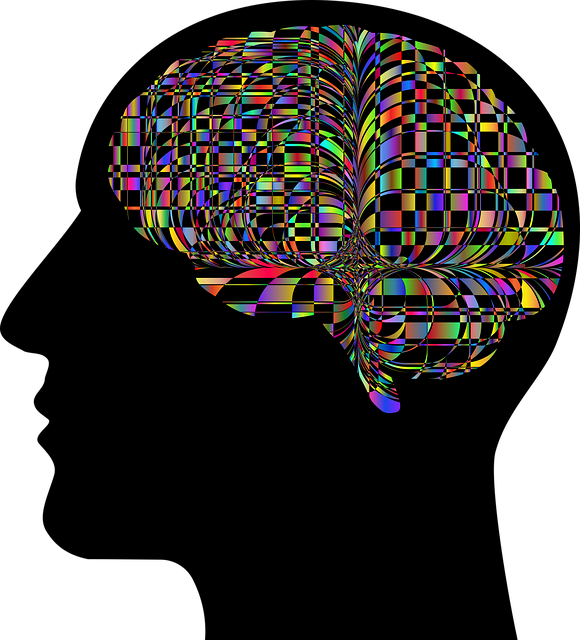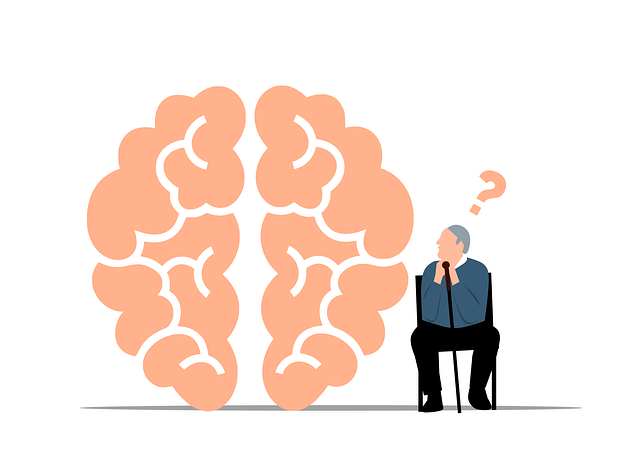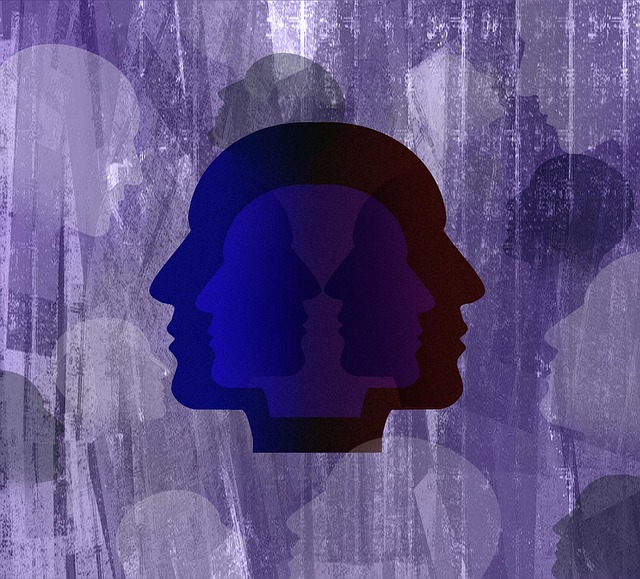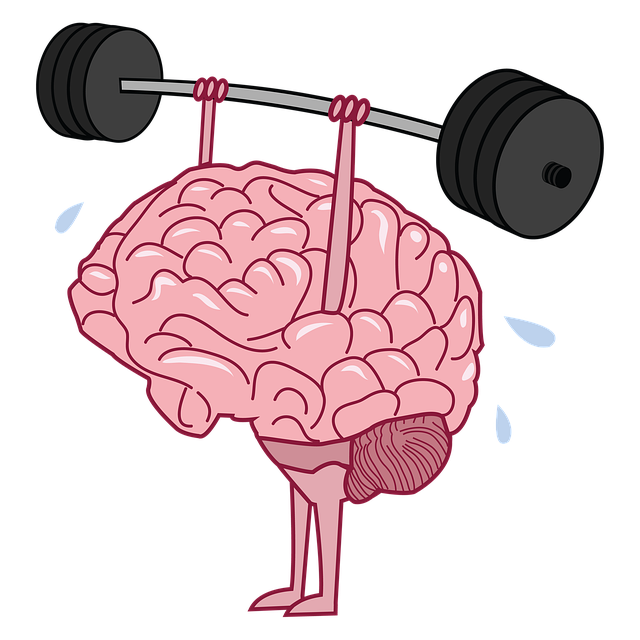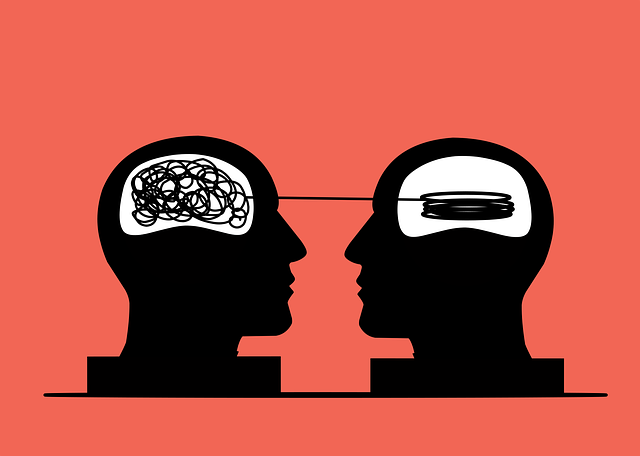In the diverse American mental healthcare landscape, cultural sensitivity is key to effective treatment, particularly for conditions like Centennial Autism Spectrum Disorder (ASD). Therapists must navigate clients' ethnic, religious, and cultural backgrounds. By incorporating cultural context into sessions—through education, mindfulness, and journaling—professionals foster trust, tailor care, promote equity, and enhance therapeutic outcomes for ASD patients, reducing stigma and preventing burnout. This culturally competent approach contributes to a more inclusive, accessible healthcare system.
In a globalized world, cultural sensitivity in mental healthcare is paramount. The understanding of cultural diversity shapes effective therapy, especially for conditions like Autism Spectrum Disorder (ASD). This article explores the significance of cultural competence in addressing ASD across various cultures, dispel misconceptions, and provides best practices for culturally sensitive therapy. By adopting inclusive approaches, professionals can enhance treatment outcomes for individuals on the autism spectrum, ensuring a supportive and respectful environment, such as Centennial Autism Spectrum Disorder Therapy models.
- Understanding Cultural Diversity in Mental Healthcare
- – Exploring the importance of cultural sensitivity in a globalized society
- – Defining cultural competence and its role in effective therapy
Understanding Cultural Diversity in Mental Healthcare

In the realm of mental healthcare, recognizing and embracing cultural diversity is no longer a consideration but an imperative. The United States, with its vibrant tapestry of communities, includes individuals from various ethnic backgrounds, religions, and cultural practices, each bringing unique perspectives to therapy. For instance, when addressing the needs of those on the autism spectrum, therapists must understand that cultural context plays a significant role in communication styles, social interactions, and coping mechanisms. What works for one patient might not be effective or even misunderstood by another due to differences in background. Therefore, a holistic approach is essential, one that goes beyond the traditional therapy setting, encouraging professionals to educate themselves on various cultural norms and practices, including mindfulness meditation techniques and mental wellness journaling exercises guidance, which can help bridge these gaps.
Cultural sensitivity involves empathy building strategies that foster trust and create a safe space for clients to share their experiences honestly. This is particularly crucial when dealing with mental health issues that may be stigmatized within certain communities. For example, when working with diverse populations, therapists should be aware of the impact of historical trauma and systemic barriers on an individual’s well-being. By incorporating cultural awareness into therapy sessions, professionals can adapt their practices to better serve clients, ensuring that everyone receives the most effective, personalized care possible. This approach not only benefits individuals seeking treatment but also promotes equity in mental healthcare services, especially for those with conditions like Centennial Autism Spectrum Disorder Therapy.
– Exploring the importance of cultural sensitivity in a globalized society

In our increasingly interconnected global society, cultural sensitivity has become an indispensable aspect of mental healthcare practice. With populations becoming more diverse, it’s crucial for therapists and counselors to understand and appreciate the impact of culture on mental health and well-being. This is particularly relevant when addressing conditions such as Centennial Autism Spectrum Disorder Therapy, where cultural context plays a significant role in diagnosis, treatment preferences, and patient outcomes. By embracing cultural sensitivity, mental health professionals can create inclusive environments that foster positive thinking and inner strength development, enhancing the effectiveness of therapy.
Beyond improving therapeutic relationships, cultural sensitivity contributes to Mental Illness Stigma Reduction Efforts by promoting understanding and empathy. Recognizing and respecting cultural differences helps dispel myths and misconceptions surrounding mental illness, encouraging open conversations and early intervention. In a globalized world, where individuals from various backgrounds seek mental healthcare, therapists who are attuned to cultural nuances can provide more tailored, compassionate, and ultimately successful support.
– Defining cultural competence and its role in effective therapy

Cultural competence is a cornerstone in effective therapy, especially when addressing diverse populations, including those with the Autism Spectrum Disorder (ASD). It involves understanding and appreciating cultural differences, values, beliefs, and practices to provide care that is respectful and meaningful to each client. In the context of Centennial Autism Spectrum Disorder Therapy, this means creating an environment where individuals on the spectrum feel accepted and understood, enabling therapists to tailor their approach to meet unique needs.
Beyond enhancing therapy outcomes, cultivating cultural sensitivity contributes to burnout prevention strategies for healthcare providers. By recognizing and addressing potential cultural barriers and incorporating evidence-based practices that support stress management, mental health professionals can enhance their resilience and well-being. Moreover, advocating for inclusive Mental Health Policy Analysis and Advocacy ensures that services are accessible and responsive to the diverse needs of all communities, fostering a more equitable healthcare landscape.
In today’s interconnected world, cultural sensitivity is an indispensable aspect of mental healthcare practice. Understanding and respecting diverse cultural backgrounds, beliefs, and traditions enable professionals to provide more effective therapy, such as that offered for Centennial Autism Spectrum Disorder (ASD). By cultivating cultural competence, therapists can create inclusive environments that foster trust, enhance communication, and ultimately improve patient outcomes. This approach ensures that individuals from all walks of life receive tailored support, promoting mental well-being on a global scale.



